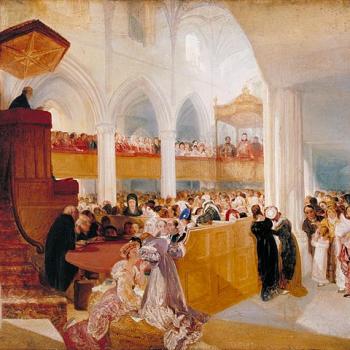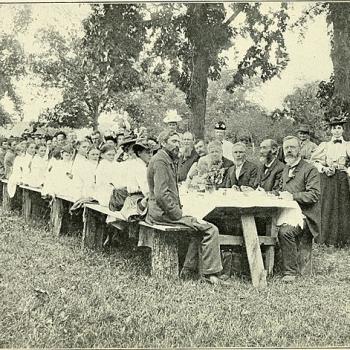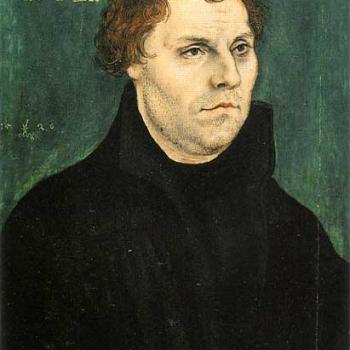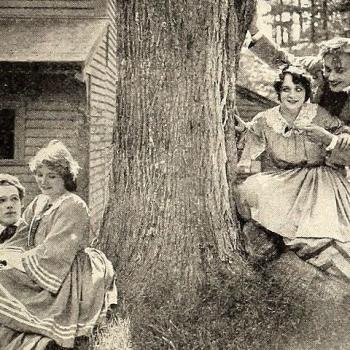Doesn’t anyone remember Mark Noll, David Wells, George Marsden, Donald Dayton, or Douglas Sweeney? The history of evangelicalism in the United States was not supposed to turn out this way. What had been the Horatio Alger story of twentieth-century American religion by the year 2000 turned out to be equivalent of Humpty Dumpty. To be sure, the evangelical narrative did not put its best foot forward when it entered the twentieth century by splitting the American mainline denominations between fundamentalists... Read more
















